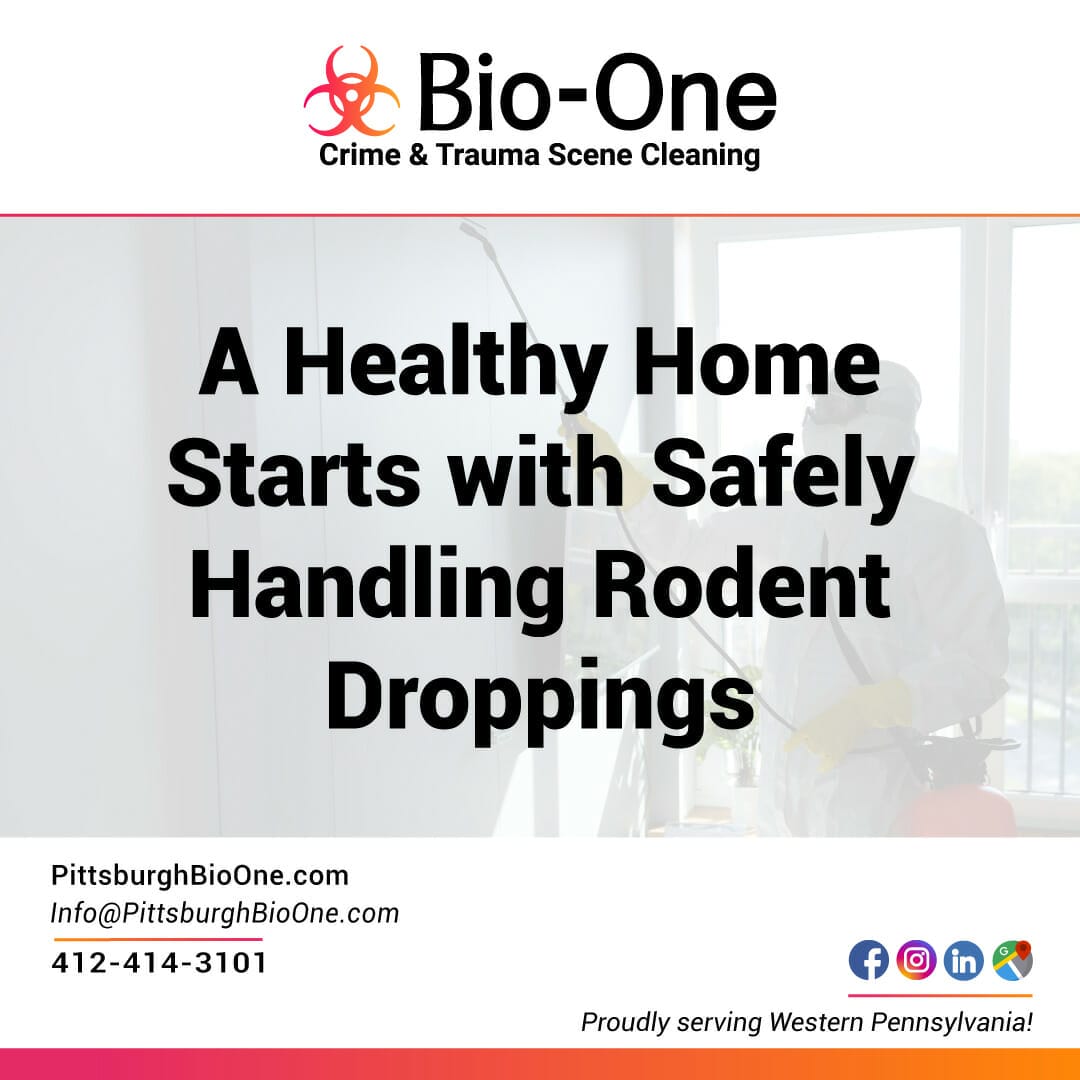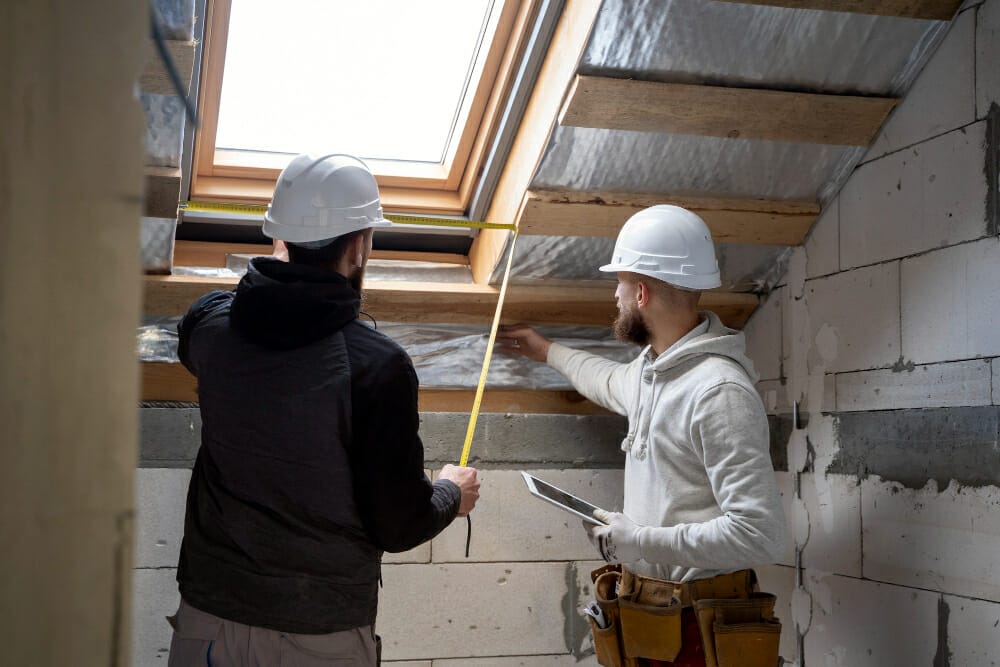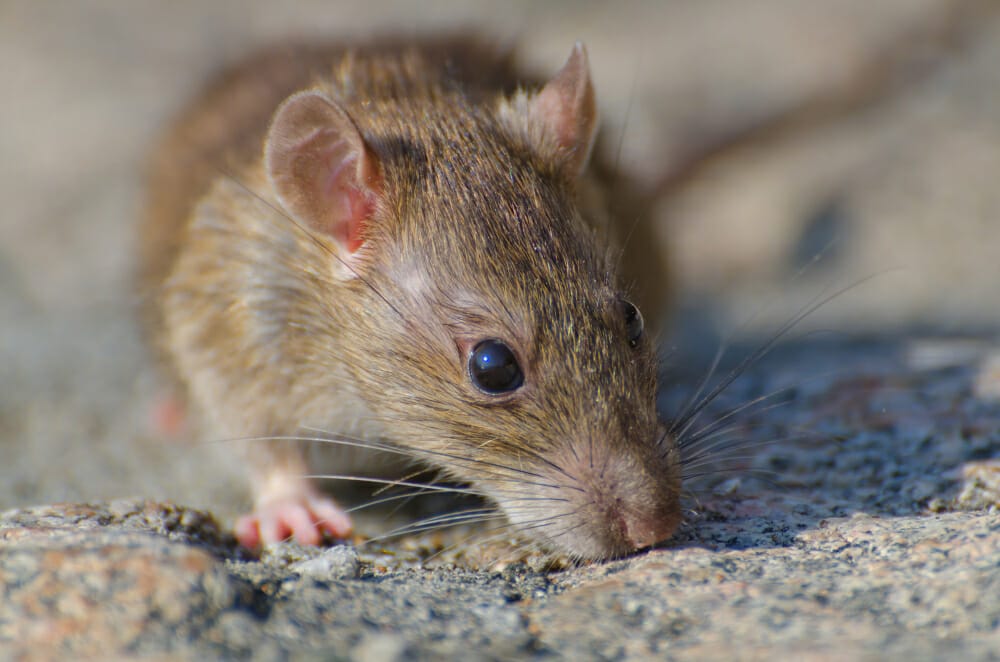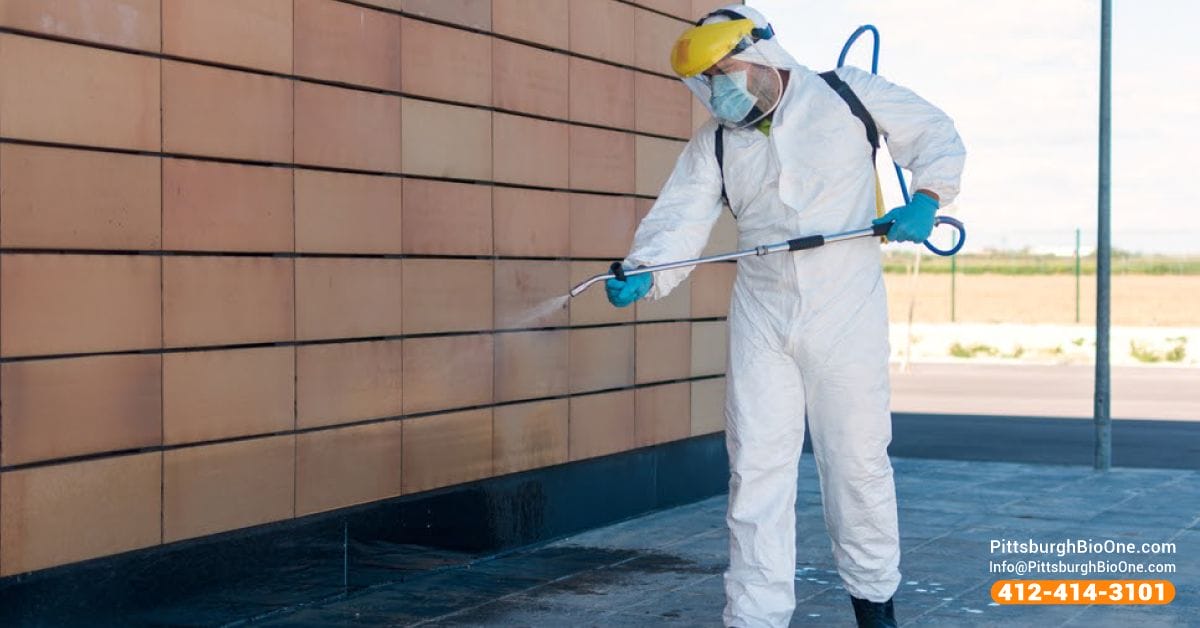
Rodent infestations in our homes and businesses can be a health hazard that we cannot ignore. Rats, mice, and squirrels have been known to be carriers of diseases that can be transmitted through their feces, urine, and waste. Exposure to these harmful agents can result in serious illnesses. Hence, proper handling of rodent droppings and urine is the first step in ensuring a healthy living environment. In this blog post, we will discuss how to clean up rodent droppings in your home, common areas where rodents nest, and how to prevent them from entering our premises.
Common Areas Where Rodents Nest
Rodents usually nest in dark, damp, and warm areas of our homes. Common nest sites include attics, crawl spaces, wall voids, and basements. They also prefer to make their nests out of materials such as insulation, cardboard, and fabric. These materials provide insulation and suitable nesting material.

Once rodents infest an area, they leave behind droppings, urine, and waste. These can be found in corners, along baseboards, and under sinks.
Exposure to Rodent Waste May Result in Health Complications
Exposure to rodent feces and urine can lead to many health problems. Hantavirus, leptospirosis, salmonella, and other dangerous diseases can be transmitted by rodents. If you're dealing with a potential rodent infestation in your home or business, and start feeling fever, vomiting, abdominal pain, or fatigue, you might be contaminated and should seek medical help right away.
How to Clean Up Rodent Droppings - Top Recommendations
Before you begin the cleaning process, you need to ensure you have the proper equipment. Use protective gear that includes gloves, masks, and goggles. Below are some recommendations from our experts when cleaning up rodent waste:
- Ventilate the area by opening windows and doors to allow fresh air in.
- Spray a disinfectant solution on the affected areas to kill any harmful bacteria or viruses.
- Use a damp cloth or paper towel to carefully pick up droppings and dispose of them in a sealed plastic bag.
- Vacuum the area with a HEPA filter to remove any remaining particulates and droppings.
- Clean and disinfect all surfaces with a bleach solution or commercial cleaning product.
- Remove and replace any contaminated insulation, fabric, or cardboard materials.
- Wash your hands thoroughly after handling rodent waste and cleaning up the infested area.
- Dispose of all cleaning materials and protective gear in a sealed plastic double bag.
- If you suspect or identify a large infestation, we recommend seeking professional help for thorough cleanup and prevention measures.

Prevention is Key: How to Keep Rodents Away
To avoid potential health complications and damage to your property, it's important to take preventative measures against rodent infestations. Here are some tips:
- Seal any cracks or openings in the exterior of your home or building.
- Keep food stored in airtight containers and do not leave pet food out overnight.
- Keep your living spaces clean and free of clutter, as rodents are attracted to debris and hiding spots.
- Regularly check for signs of rodent activity, such as droppings or gnaw marks.
- Use natural repellents such as peppermint oil or ultrasonic devices to deter rodents from entering your home.
Regular pest control services can help prevent infestations before they start.

Bio-One of Pittsburgh Can Help
In case you find it stressful or just don't know how to clean up rodent droppings, Bio-One can assist in restoring areas of rodent feces and urine. Our professional team uses specialized tools and techniques to safely remove rodent waste, and sanitize the area to prevent future infestations. Call today and get a free consultation to help you restore your home or business to a clean and healthy environment.


